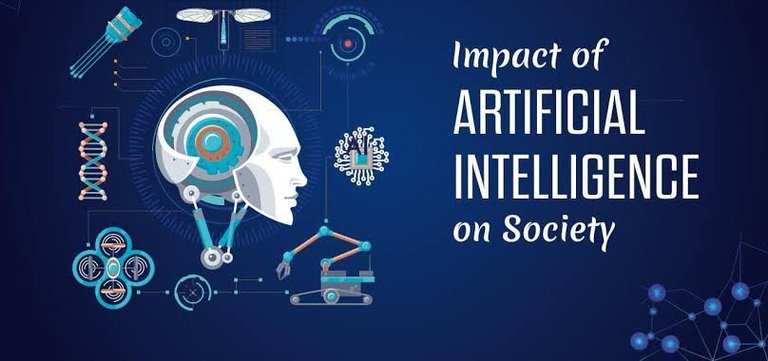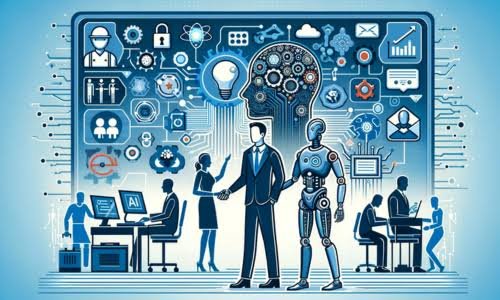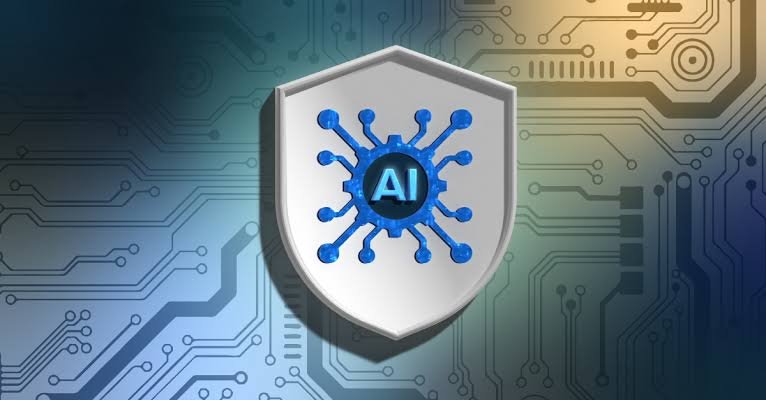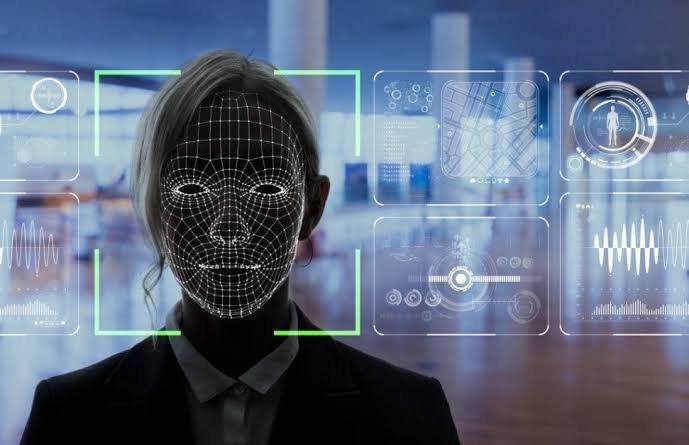Artificial intelligence (AI) is poised to revolutionize various sectors, offering immense potential for societal advancement. However, alongside its promise come significant challenges that must be addressed.

**Challenges**
Job
One such challenge is the potential impact on employment. While AI can automate tasks, potentially leading to job displacement, there's also the opportunity for new job creation. Studies suggest that while AI may replace some roles, it could also generate new ones that require uniquely human skills like creativity and empathy.

Ethical
Ethical considerations loom large in AI development, particularly concerning accountability and liability. Questions about fault in accidents involving autonomous systems, like self-driving cars, raise complex legal and moral issues that need resolution
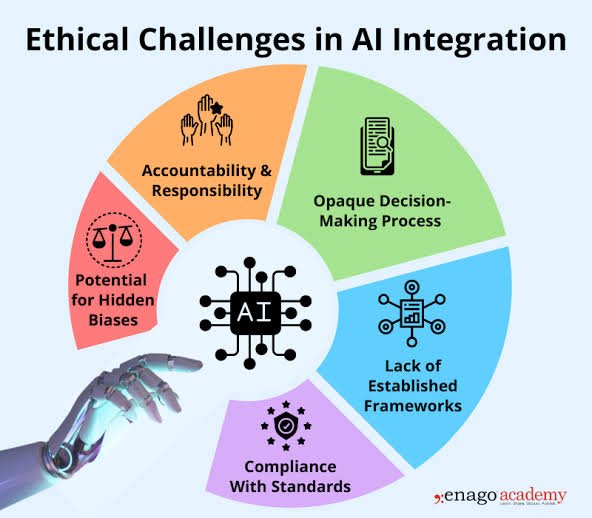 source
source
.

Privacy
Privacy concerns arise due to AI's reliance on vast amounts of data. Balancing data utilization for innovation with respect for individuals' privacy rights is critical for fostering trust in AI technologies.

**Benefits**
Healthcare
Despite these challenges, AI offers substantial benefits. In healthcare, AI-driven innovations can enhance diagnosis and treatment, improving patient outcomes and reducing costs. In transportation, autonomous systems can alleviate congestion and enhance safety.

Law enforcement
AI also holds promise in law enforcement, aiding crime prevention and investigation through technologies like facial recognition. However, ethical deployment and safeguards are essential to protect individual rights and privacy.

Summary
In summary, while AI presents both opportunities and challenges, addressing concerns like job displacement, ethics, and privacy proactively is crucial to realizing its full potential for societal progress.

• English isn't my first language; occasionally, I use Google Translator.
• All the text and images are original, except those credited with a source link.
• Feel free to upvote and comment below the post; it encourages me.
Thank you for reading
